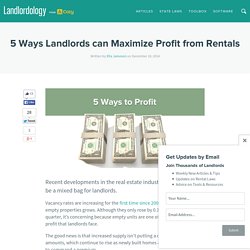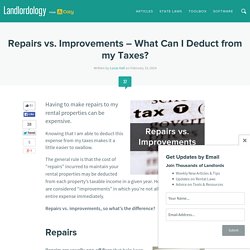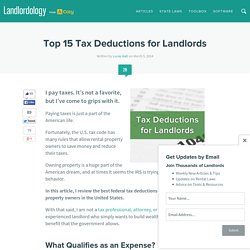

Help Your Residents Become Credit Score Superstars! A recent Wall Street Journal article, “Scoring A High Credit Score,” reinforces many good reasons why the multifamily industry should be reporting rent payment as a regular trade line.

Here are some of the highlights of the article, written by Karen Blumenthal as part of the WSJ’s “Getting Going” series: Credit costs less when you have a high credit score—Consumers with high credit scores can access credit at a lower cost, and they have more credit options available to them, which means that lenders are competing for their business. Many renters can only access credit at high prices, if they can access credit at all. Credit payments prove credit worthiness—Having good credit means you have borrowed and repaid the type of debt that is reported to the credit bureaus–mortgage, auto loan, credit card, personal loan, store credit, etc.
So, to recap, reporting rent payment as a regular trade line can help financially conscious residents: 5 Ways Landlords can Maximize Profit from Rentals. Recent developments in the real estate industry are proving to be a mixed bag for landlords.

Vacancy rates are increasing for the first time since 2009 as the number of empty properties grows. Although they only rose by 0.1 percent in the last quarter, it’s concerning because empty units are one of the largest drains on profit that landlords face. The good news is that increased supply isn’t putting a damper on rent amounts, which continue to rise as newly built homes and apartments tend to command a premium.
But savvy landlords know that they need to act now to future-proof their profits against the potential for losses from higher vacancy and home-ownership rates as the economy recovers. Here are five ways that landlords can maximize profit from their rental properties: 1. If you price your unit too low, you’ll fill it quickly, but might miss out on thousands of dollars in rent. In summary, start advertising 4-6 weeks out from lease end, and try to get the most you can for the rental. 2. Repairs vs. Improvements - What Can I Deduct from my Taxes? Having to make repairs to my rental properties can be expensive.

Knowing that I am able to deduct this expense from my taxes makes it a little easier to swallow. The general rule is that the cost of “repairs” incurred to maintain your rental properties may be deducted from each property’s taxable income in a given year. However, some repairs are considered “improvements” in which you’re not allowed to deduct the entire expense immediately. Repairs vs. improvements, so what’s the difference?
Repairs This damaged outlet needs repair Repairs are usually one-off fixes that help keep the property in good working condition and habitable. Whether you’re fixing a hole in the wall, or a unclogging a shower drain, you can deduct the cost of these minor repairs from the current year’s tax liability. Top 15 Tax Deductions for Landlords. I pay taxes.

It’s not a favorite, but I’ve come to grips with it. Paying taxes is just a part of the American life. Fortunately, the U.S. tax code has many rules that allow rental property owners to save money and reduce their taxes. Owning property is a huge part of the American dream, and at times it seems the IRS is trying to reward such behavior. In this article, I review the best federal tax deductions available to rental property owners in the United States. With that said, I am not a tax professional, attorney, or CPA. What Qualifies as an Expense? There are two types of expenses: Current Expenses and Capital Expenses.
Current Expenses These are generally one-off items that help keep the property in good working condition and habitable, or help you operate your rental business. The entire expense can be deducted from your taxes in the same year that it was incurred – hence “current” expenses. To qualify as a current expense, it must be considered: Al Williamson’s Recurring Expenses 1. Tax Issues When Renting Out a Room in Your House. Lots of people are trying to earn a few extra bucks by renting out a room in their home.

As far as taxes go, this comes with bad news and good news. The bad news is that the rent you receive is taxable income that you must report to the IRS. The good news is that your taxable rental income can be wholly or partly offset by the tax deductions you'll be entitled to. If you rent out a room in your home, the tax rules apply to you in the same way as they do for landlords who rent out entire properties. This means you get to deduct the expenses arising from your rental activity. You can fully deduct (or, where applicable, depreciate) any expenses just for the room you rent—for example, repairing a window in the room, installing carpet or drapes, painting the room, or providing your tenant with furniture (such as a bed).